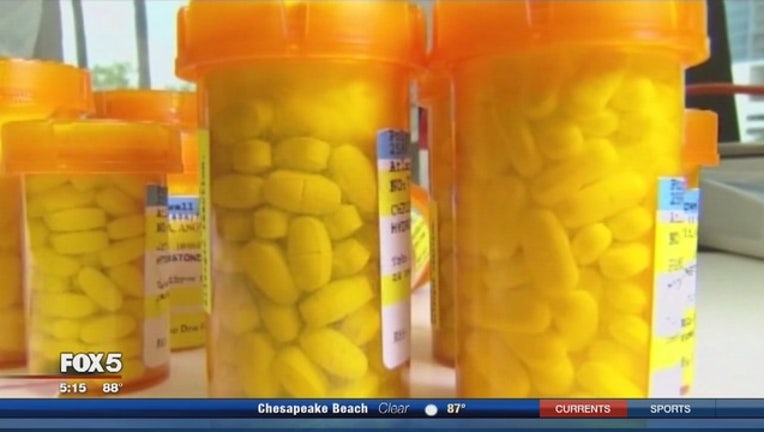Florida governor plans workshops to address opioid abuse

TALLAHASSEE, Fla. (AP) - Florida Gov. Rick Scott announced steps to begin combating the state's rising opioid usage cases on Tuesday, but stopped short of declaring a public health emergency as he has done in other cases.
Scott said during a news conference that he is directing three state organizations to hold workshops statewide. The state's Department of Children and Families, Department of Health and the Florida Department of Law Enforcement will hold workshops in Palm Beach, Duval, Manatee and Orange counties. Scott spokeswoman Jackie Schutz said the schedule is expected to be announced in the coming weeks.
"We're going to see if there are ideas that can have an impact," Scott said.
The announcement comes two weeks after Attorney General Pam Bondi was appointed to President Donald Trump's Opioid and Drug Abuse Commission.
Scott has declared public health emergencies for Ebola in 2014 and last year for Zika but has not yet for opiates. State Sen. Jeff Clemens, whose district in Palm Beach County has seen widespread opioid abuse, said he was perplexed because this was a more serious problem.
"This problem for some reason is getting community workshops, and I don't think is enough," Clemens said. "It's good to hear them talk about the issue, but I think there's more concrete steps we should be taking. We are still looking for the real action."
A.J. O'Laughlin, a captain with Palm Beach Fire Rescue, said he was not surprised about Scott's approach.
"It's not like a fire. You can't stop it today," O'Laughlin said. "This is a long-term epidemic. We've been through quaaludes, crack and flakka. It has to run its course. We have to have legislation that will stop it."
Bondi also announced on Tuesday a deal with drug companies to provide Narcan and naloxone at a discounted rate to treat overdose victims.
The Florida Legislature is currently considering bills that would add fentanyl and other synthetic drugs to the state's drug trafficking statute, along with creating a certification program for sober homes.
___
AP writer Ana Ceballos contributed to this report.

